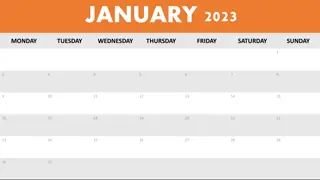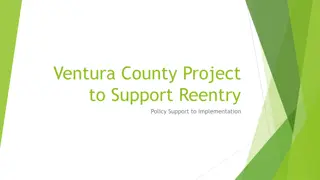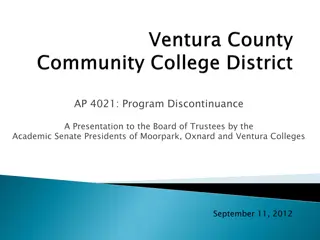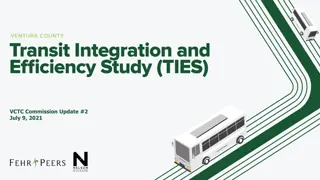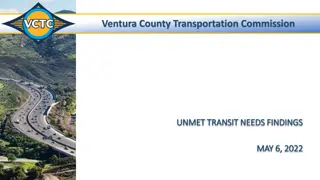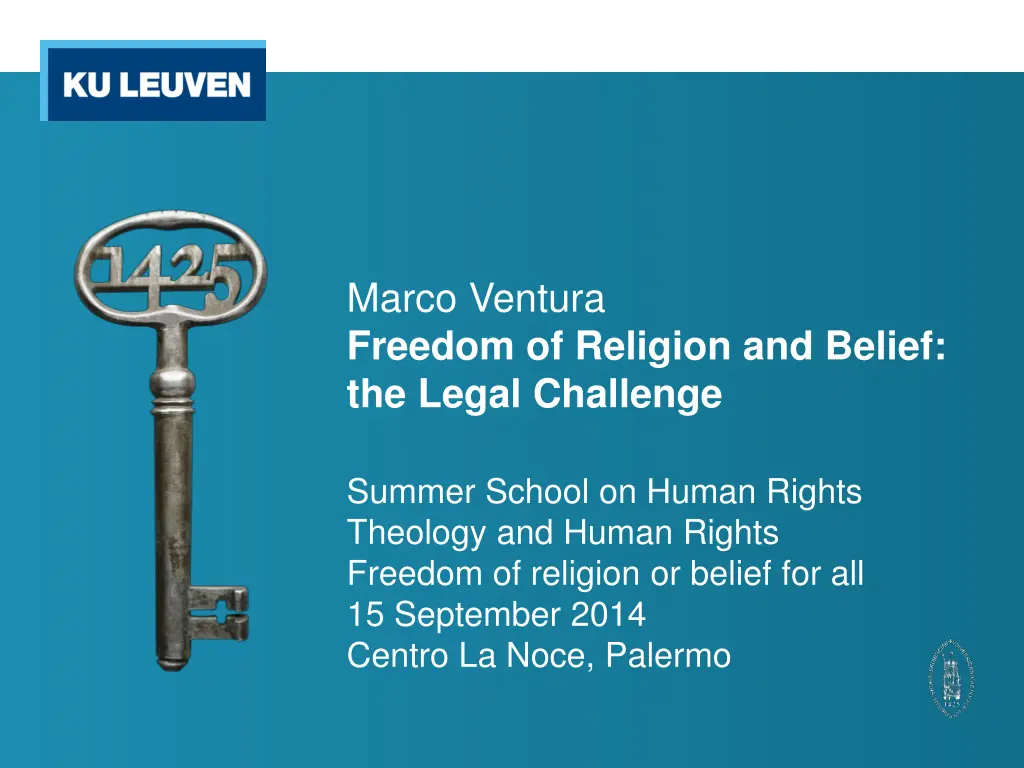
Legal Challenge - Freedom of Religion and Belief Framework
Explore the legal framework regarding freedom of religion and belief through a two-fold framework and four-principles approach. Delve into domestic and European levels, emphasizing non-discrimination, neutrality, dialogue, and cooperation.
Download Presentation

Please find below an Image/Link to download the presentation.
The content on the website is provided AS IS for your information and personal use only. It may not be sold, licensed, or shared on other websites without obtaining consent from the author. If you encounter any issues during the download, it is possible that the publisher has removed the file from their server.
You are allowed to download the files provided on this website for personal or commercial use, subject to the condition that they are used lawfully. All files are the property of their respective owners.
The content on the website is provided AS IS for your information and personal use only. It may not be sold, licensed, or shared on other websites without obtaining consent from the author.
E N D
Presentation Transcript
Marco Ventura Freedom of Religion and Belief: the Legal Challenge Summer School on Human Rights Theology and Human Rights Freedom of religion or belief for all 15 September 2014 Centro La Noce, Palermo
1. A twofold framework 2. A four-principles approach
1. A two-fold framework Domestic level European level 1. Change 2. Subsidiarity 3. Patterns of relation 4. Implementation of European law 5. Legal specialization 6. Research and education
1. A two-fold framework Domestic level European level 1. European Union (article 17 TFEU; Court of Luxembourg; 2013 Guidelines on FoRB) 2. Council of Europe (ECHR; Court of Strasbourg) 3. OSCE (Office for Democratic Institutions and HR)
2. A four-principles approach Freedom of religion and belief Non-discrimination Neutrality and impartiality Dialogue and cooperation 1. No discretion in determining the legitimacy of beliefs 2. Strict scrutiny on admissible restrictions 3. Proportionality
2. A four-principles approach Freedom of religion and belief Non-discrimination Neutrality and impartiality Dialogue and cooperation 1. Direct 2. Indirect 3. Eg EU Council Directive of 2000 on discrimination in employment
2. A four-principles approach Freedom of religion and belief Non-discrimination Neutrality and impartiality Dialogue and cooperation 1. The State s role as the neutral and impartial organiser of the practising of the various religions, denominations and beliefs is conducive to religious harmony and tolerance in a democratic society (ECtHR, Refah Partisi, 2001) 2. The EU is impartial and is not aligned with any specific religion or belief (EU 2013 Guidelines FoRB) 3. Autonomy of religious organizations (ECtHR, Sindicatul, 2013)
2. A four-principles approach Freedom of religion and belief Non-discrimination Neutrality and impartiality Dialogue and cooperation 1. Recognising their identity and their specific contribution, the Union shall maintain an open, transparent and regular dialogue with ( ) churches and organisations (article 17.3 TFEU)









